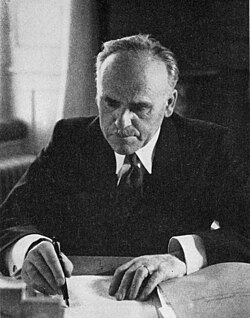Is there going to be a Bengali state?
I think that there could be independence Bengal state.
I would think they'd want to be independent from the Hindu-majority areas.
Yeah...over time, you will see trouble in those areas, because they are filled with people from Mysore, and south of there, the Malayalam people. In short, the Madras Presidency will see trouble as its large Telengana, Malayalam and Kannada populations might want to rejoin the neighbouring states.
I also think that a Bengali state should not occur, and instead be included in India.
I agree with this, given the precedent they would want this
Um, no. Most of the political establishment here will be either pro-British or anti-British. And most of the intellectuals will not be so focused on religion, as the TL implies Britain never does switch its support from the Princes to the Muslim League (Whether it even exists is another topic.) So British divide and rule policy is still essentially the Princely States vs the Presidencies.
In addition the masses never really did have a voice in the whole process until Gandhi got them involved, and even still, it is still the intellectuals who will be leading any such movement. And in a war with Britain, anti-British sentiment will serve as a uniting force. Sectarian strife will still occur, but nothing like the movement for Pakistan would occur without serious ignorance of butterflies.
Interesting points, to be honest I haven't made up my mind yet but I could see it going either way.


